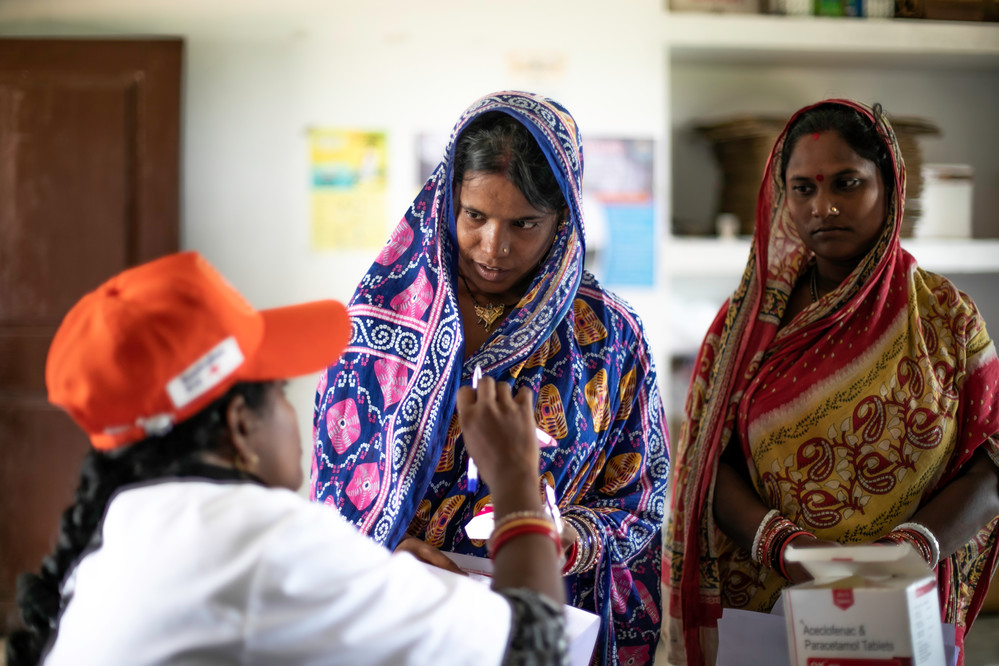Dr Zarka Riaz sits behind her desk at the Family Health Model Clinic (FHMC) set up by Rahnuma Family Planning Association of Pakistan (FPAP) in a low-income neighbourhood in Rawalpindi, a city of over two million next to Pakistan’s capital Islamabad. Even on this wet monsoon day, over a dozen women are gathered in the waiting area of the clinic.
“Pakistan is experiencing a population explosion, women, especially those from underprivileged and marginalized sections of society are not able to gain access to contraception they so desperately want and need, to make choices for their families,” says Dr Zarka.
Dr Zarka is a gynecologist, with a specialization in family planning. She has been working with FPAP for ten years but started working at this clinic 18 months ago. The family clinic is supported as part of the Women’s Integrated Sexual Health (WISH2ACTION) programme funded by the Foreign Commonwealth and Development Office (FCDO), under the strategy to ‘Leave No One Behind’.
Across the country – Rahnuma-FPAP works through cluster networks. A pioneering model that brings together public and private specialist sexual and reproductive and health centers within a close radius referral network to ensure women and girls can receive life-changing care. Networks use poverty data mapping to ensure that services are targeted to areas where the population needs them most.
"Under WISH we are offering free family planning services, which is extremely important for a low-income area such as this”, explains Dr Zarka. FPAP works in partnership with government and private clinics, community-based distributors, disability organizations and religious and community leaders as part of the clusters. Local pharmacies are also part of these networks and provide condoms and birth-control pills free of cost.
Dr Zarka observes that a lot of women worry about unintended pregnancies but are not aware of family planning methods available. Pakistan is the world's fifth-most populous country, home to over 220 million people with an annual fertility rate of 3.6 children per couple.
“There are a lot of myths and misconceptions about family planning. In male-dominated societies such as ours, women are often not able to make decisions about their reproductive health, which is why it is essential to engage men and mothers-in-law."
Dr Zarka notes that it is becoming increasingly common for women in low-income areas to try to terminate unwanted pregnancies by getting unsafe abortion. “Abortion pills are readily available, and people use the internet to find out ways to abort unwanted pregnancies. However, women often take the wrong dosage and end up with too much bleeding or infections,” she says.
“Access to free contraceptives can reduce the need for unsafe abortions, allow women to space their pregnancies and gain autonomy over their health and wellbeing,” she adds.
Rahnuma implements the WISH programme across five provinces across the country and through its community awareness work is changing the discourse in Pakistan on family planning and sexual and reproductive health and rights.
when
country
Kenya
Subject
France
Related Member Association









